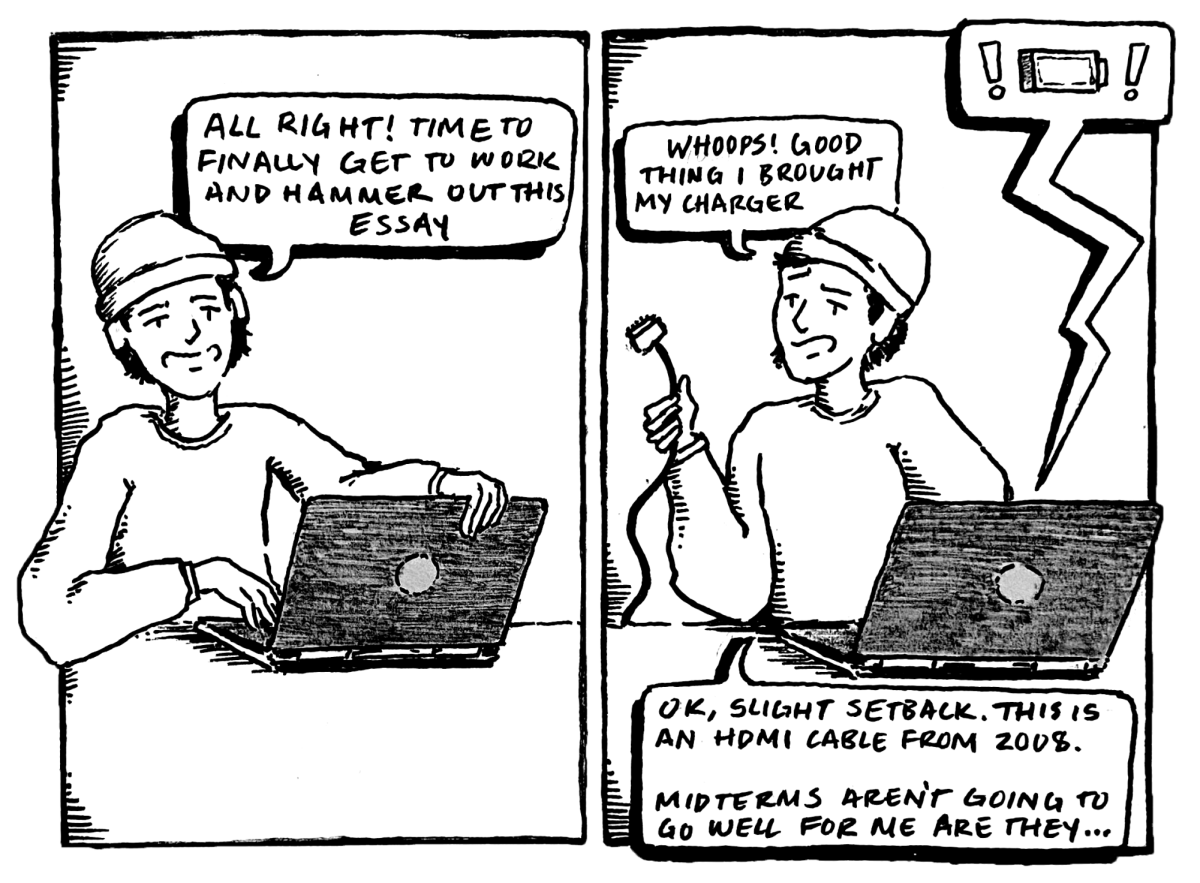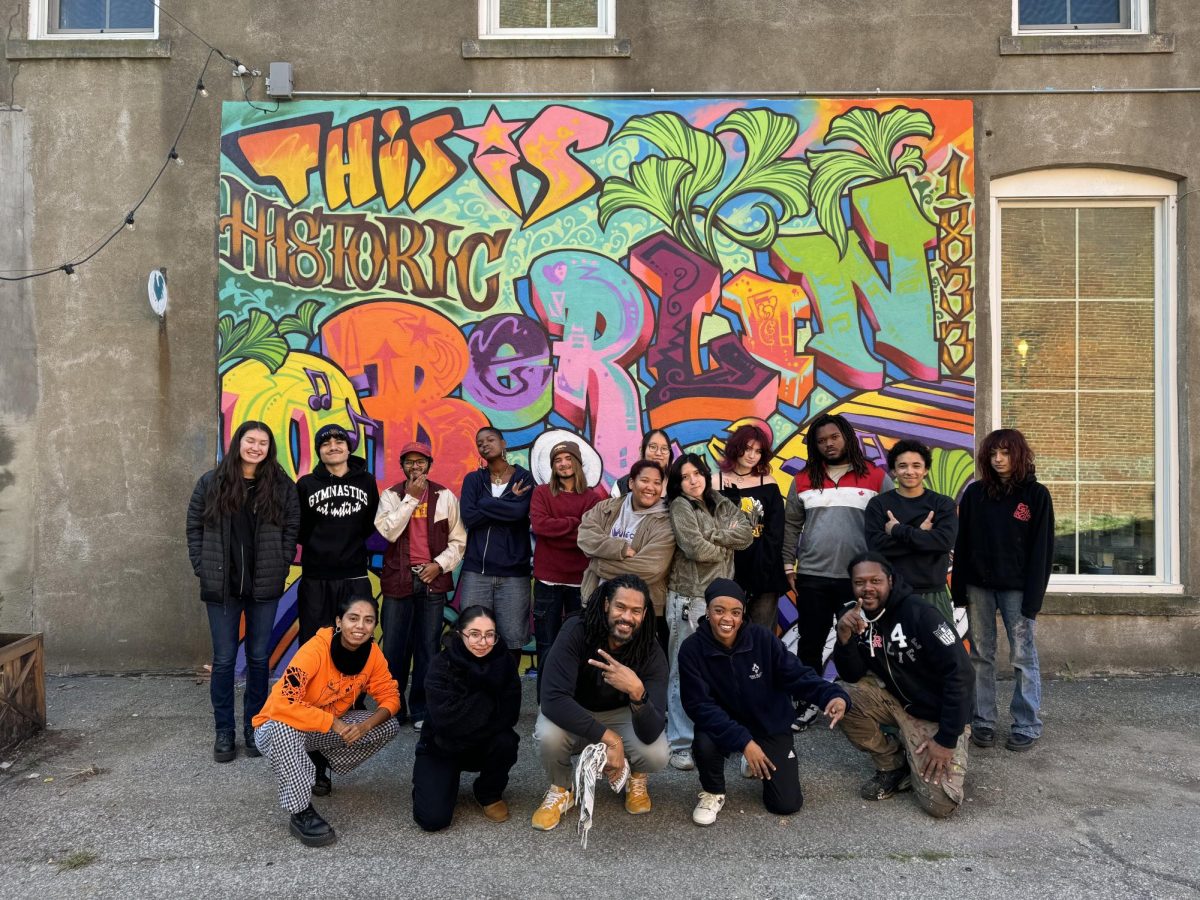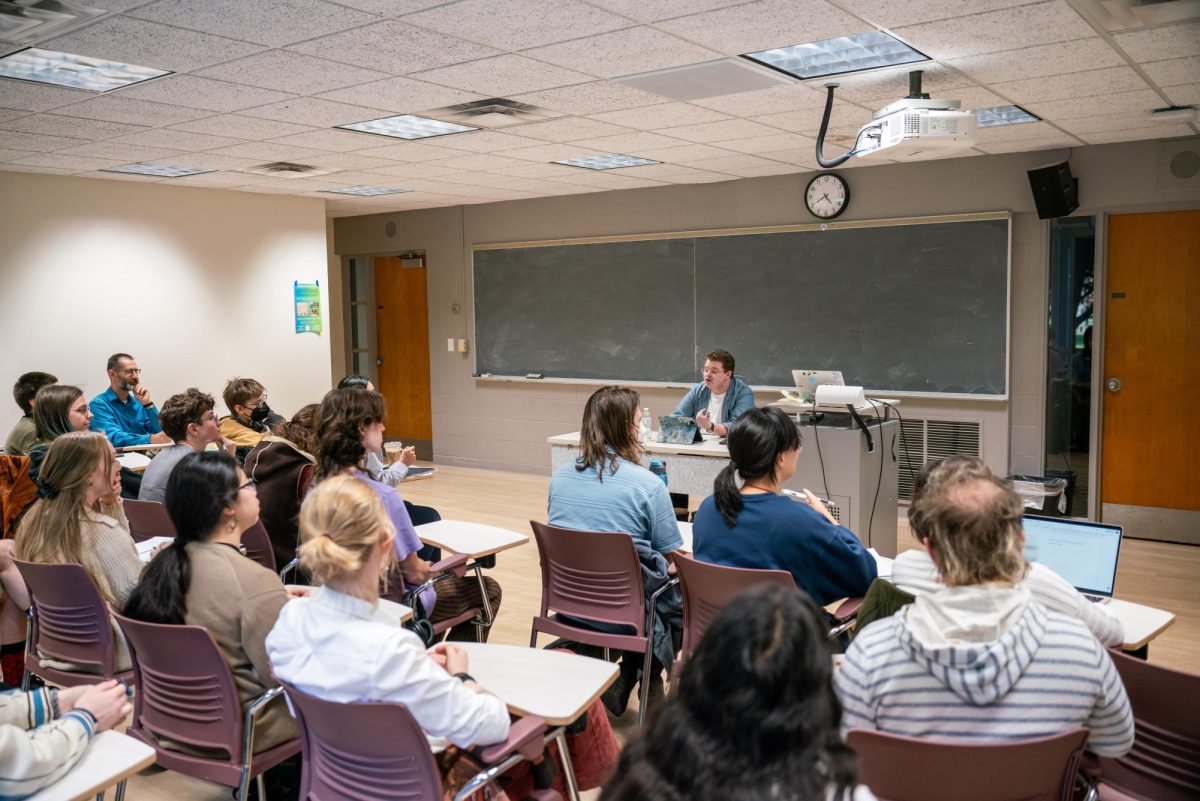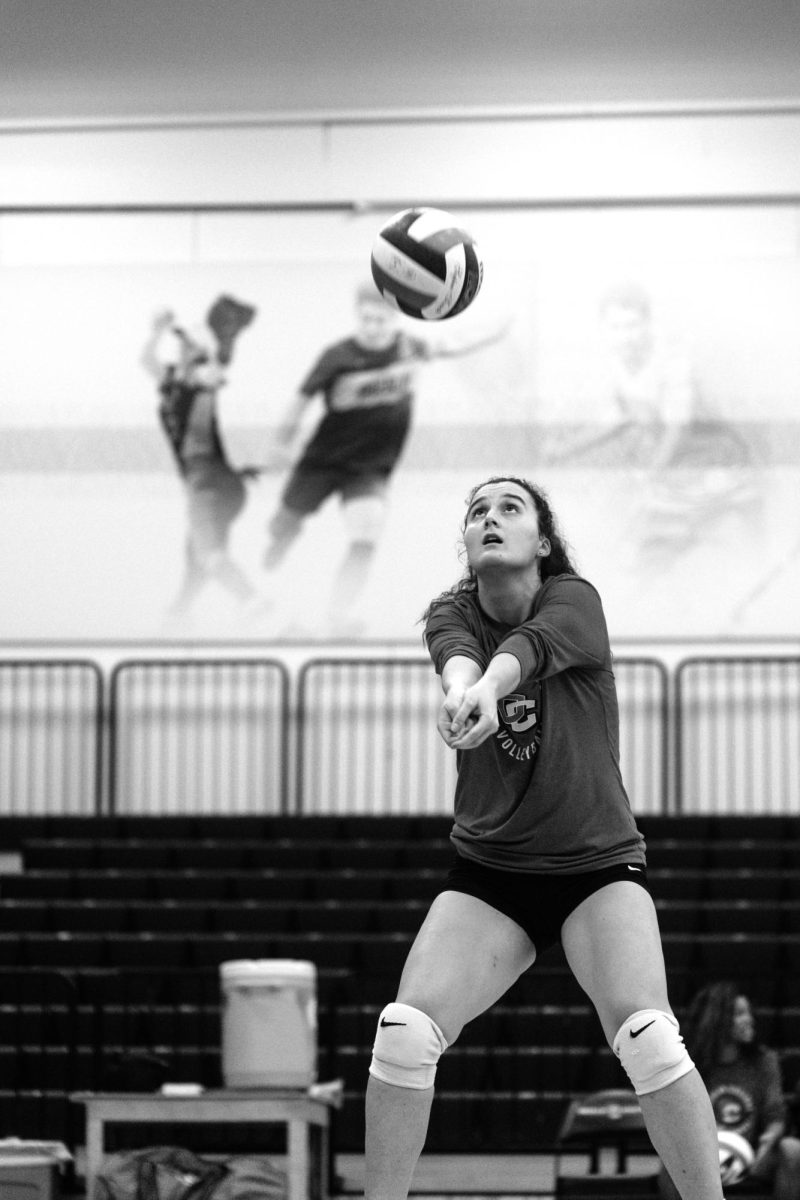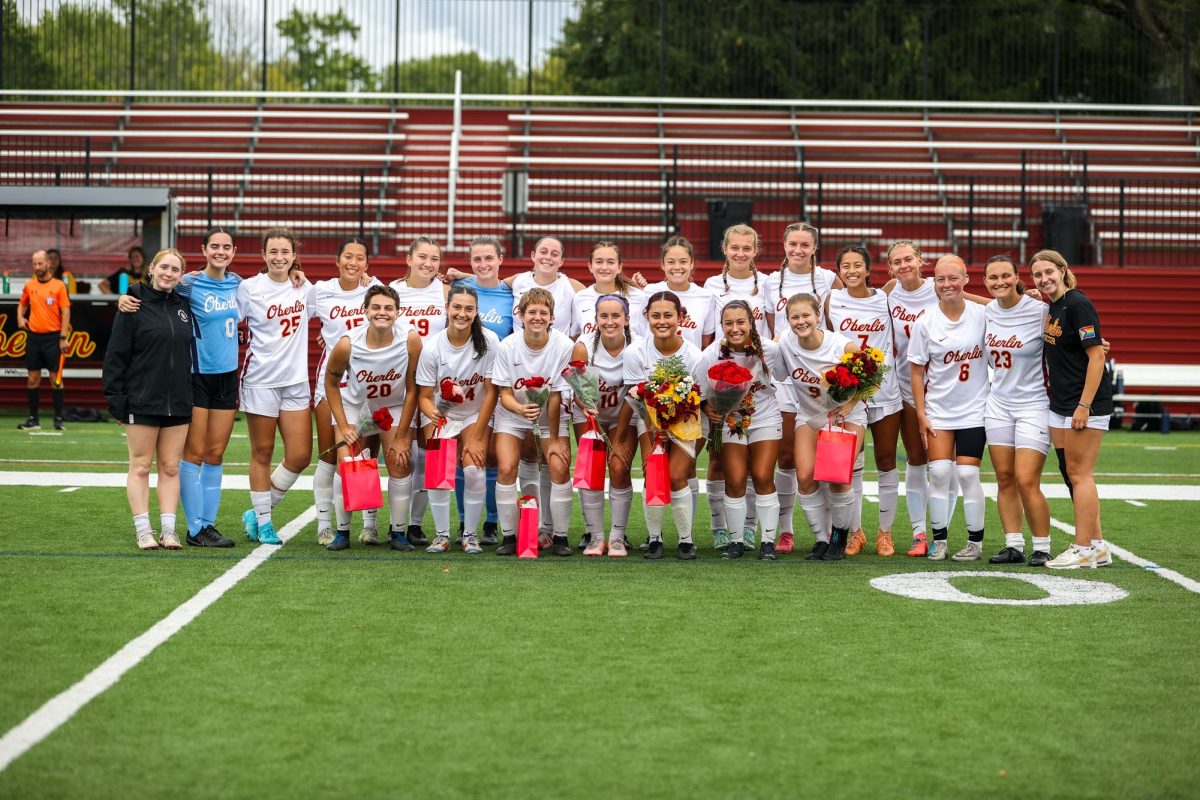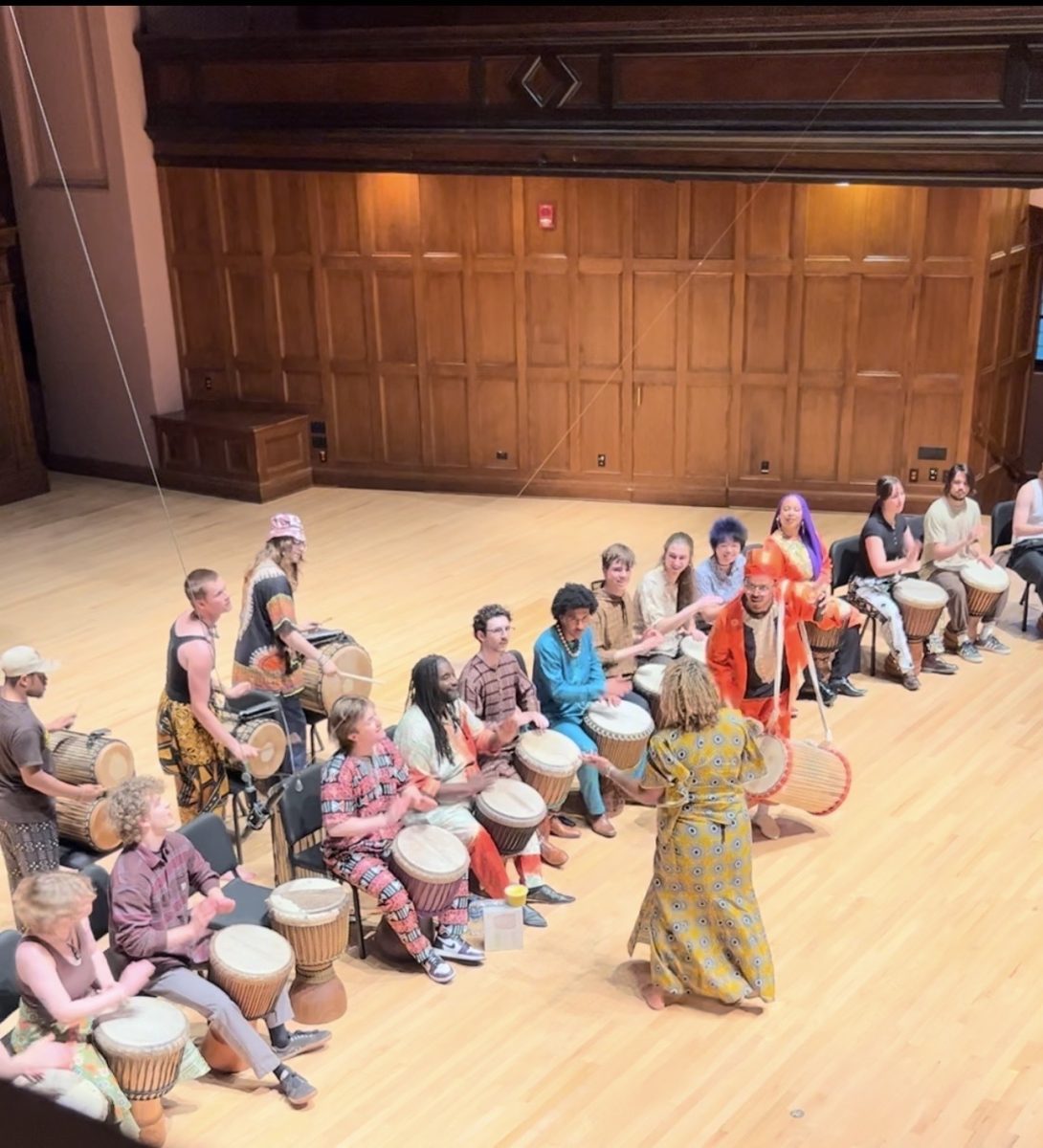Opportunities for Input Ignored by Students
October 7, 2016
This article is part of the Review’s Student Senate column. In an effort to increase communication and transparency, Student Senators will provide personal perspectives on recent events on campus and in the community.
On a campus characterized by political activism, we seem to be lacking in action. There are a multitude of things students wish would be changed, from transportation needs to racial equity to increased funding for Title IX and the Sexual Information Center. All that wishing culminates in just that: a wish. Obies, if we’re going to talk the talk, we need to walk the walk. There are so many ways students can get involved at varying levels of commitment.
Oberlin’s governance requires students, faculty and staff to contribute to the decision-making process. When students don’t contribute, faculty and administration are left to make the decisions for us, which results in an overall disconnect on campus. That’s why we all need to get involved. We’re not asking for a big commitment — only an hour or two a week, if that. You don’t need to bring anything but your informed opinion and a positive attitude toward what we can achieve together. Student government depends wholly on students voting, becoming active and getting involved. Students were provided with multiple opportunities to directly take part in advocacy with the Board of Trustees this week — including trustee fora, a 5k run and breakfast with trustees — and only a handful of students took advantage of this opportunity. What does that say about us as a political community?
Many things are changing at Oberlin this year. As we all know, President Marvin Krislov is ending his tenure at Oberlin in the spring. We’ll be hiring a new president, a new dean of admissions and shifting some administrative responsibilities around. The arrival of a new president will usher in more opportunities for student input. Let’s take this opportunity to create a new political scene at our college. That can start as early as today. Students can get involved through working groups, committees, attending forums and plenary and coming to office hours to talk to senators Monday through Thursday from 9–10 p.m. in Azariah’s Café. Some of the issues we are tackling this semester through working groups are upgrading student health services, decreasing sexualized violence, investigating the possibility of instituting free legal aid and increasing access to transportation. If any of those issues are important to you, come talk to us and get involved. If they aren’t, still come talk to us. Tell us what does interest you, and together we will find a way to make a difference. So, Oberlin, we implore you, be proactive and engage with your community.








